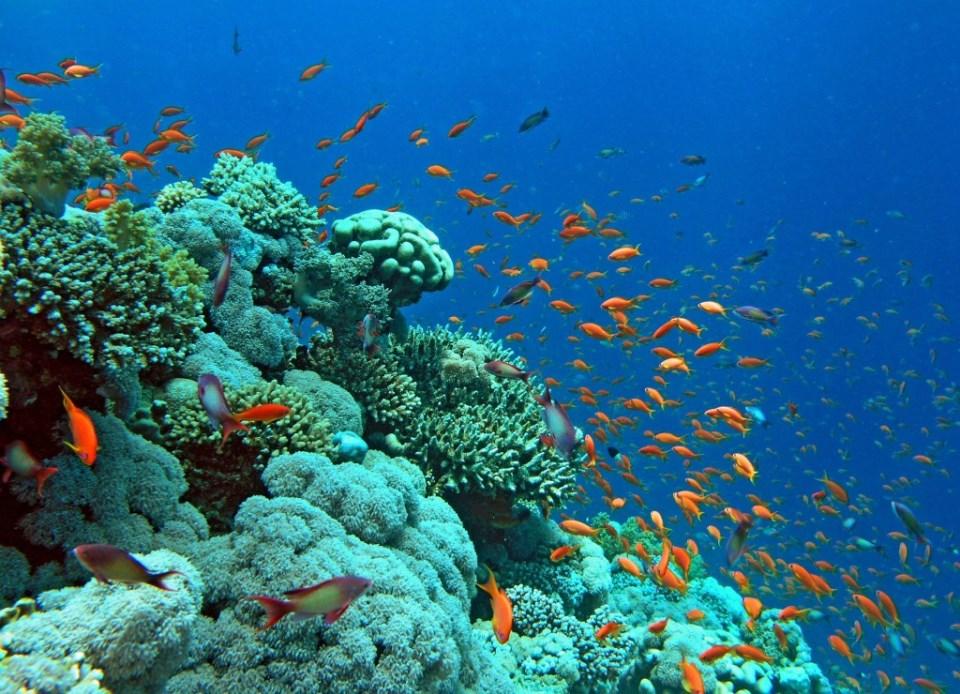“The idea of having local women trained in professional diving is a consequence of the fact that there are no certified female divers in Aqaba. Of course, there are foreign female divers who cooperate with diving centres in Aqaba, but we are aiming for the wider participation of the local community,” Eid underscored.
Some women request that a female diver train them or take them diving, he said, noting that in such cases, Aqaba’s diving centres call in foreign female divers to the Red Sea city, located around 330 kilometres south of the capital.
“The idea behind the programme is that we want to engage the local community in our projects, raise their awareness on marine protection and also encourage and provide local women with a source of income,” Eid noted.
The marine conservationist highlighted that the six women will not only be trained in professional diving, but will also become the society’s “eyes” underwater.
“In addition to becoming certified divers, the society will also cooperate with the women to be monitors of the marine life in the Gulf of Aqaba; to observe and report any abnormalities,” Eid said.
The society is now in the process of drafting the criteria for selecting which women will be enrolled in the training programme, he said, noting that the society is also deciding which of Aqaba’s diving centres the female divers can work for.

The conservationist said that there are 24 diving sites along Aqaba’s 27-kilometre coastline, with 21 diving centres in Aqaba.
Situated at the northern tip of the Red Sea, the Gulf of Aqaba is home to more than 300 species of hard and soft corals, 512 fish species and thousands of mollusks and invertebrates, according to JREDS.
Aqaba’s mild climate makes it an ideal destination for scuba diving around the year, the society said in a guide to Aqaba’s diving sites, indicating that the water temperature during summer ranges around 26ºC, dropping to 20ºC during winter.



